# business
12 posts in `business` tag
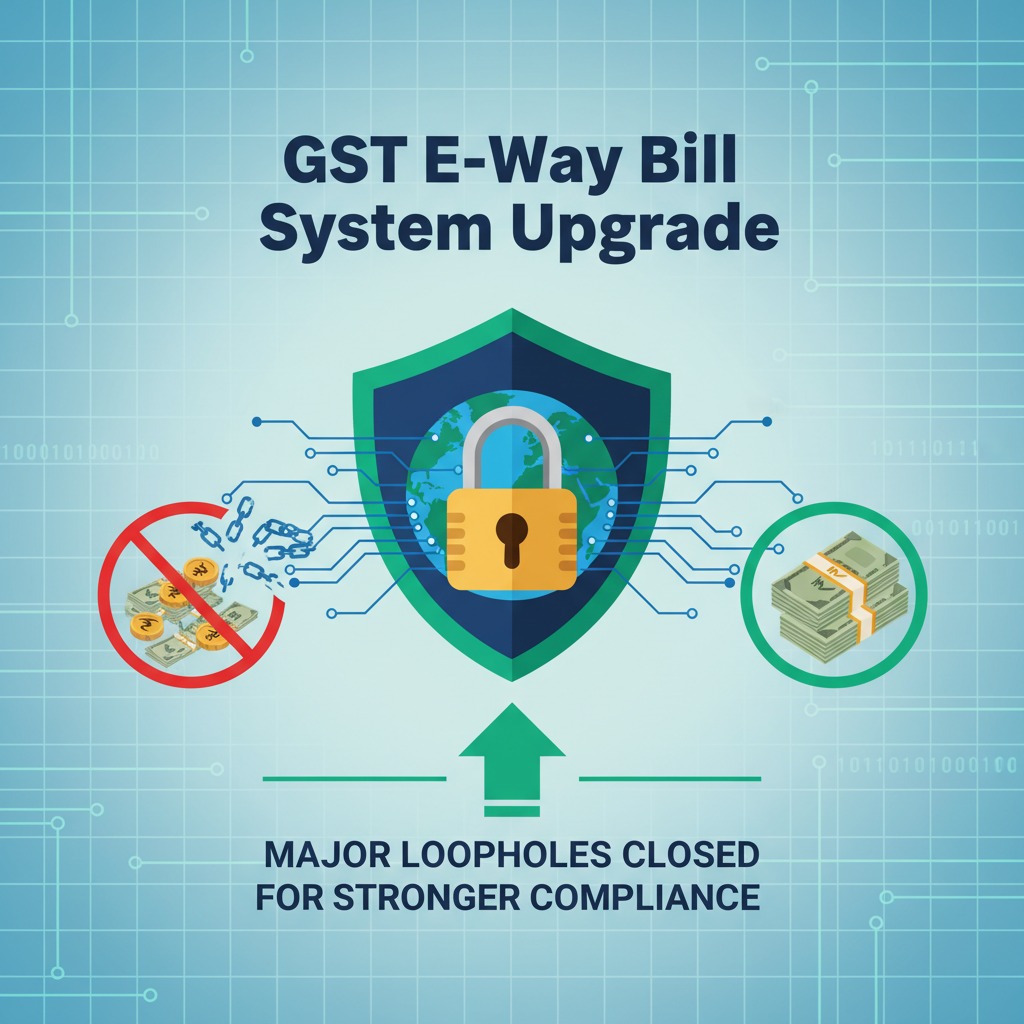
GST E-Way Bill System Upgrade: Major Loopholes Closed for Stronger Compliance
The government has upgraded the GST E-Way Bill system to close long-standing loopholes that allowed duplicate bills, non-filers, and cancelled GSTIN holders to move goods illegally. New system-driven checks such as unique invoice lock, filing restrictions, GSTIN validation, and a 180-day invoice limit now ensure stronger, automated compliance for all businesses and transporters.
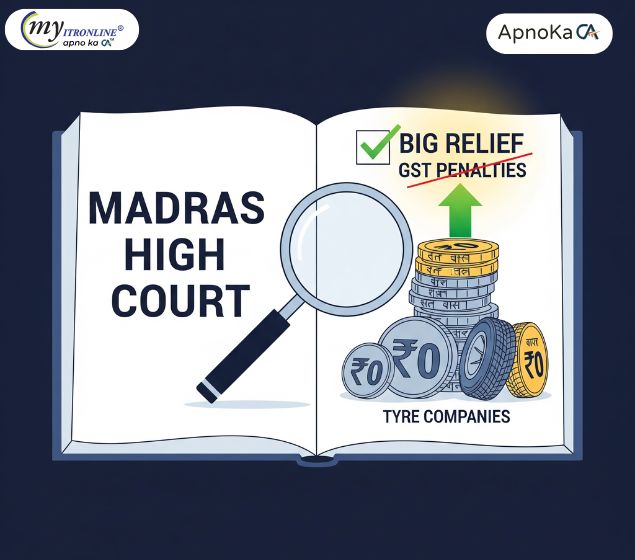
Madras High Court Offers Big Relief to Tyre Companies on GST Penalties
The Madras High Court has cancelled major tax notices issued to Apollo Tyres Ltd. and MRF Ltd., ruling that voluntary tax payment cannot trigger the harsh penalties under Section 74. The court clarified that when confusion exists in the industry and companies show willingness to pay, the case falls under Section 73 for genuine mistakes. This decision offers clarity and relief to businesses facing similar disputes.
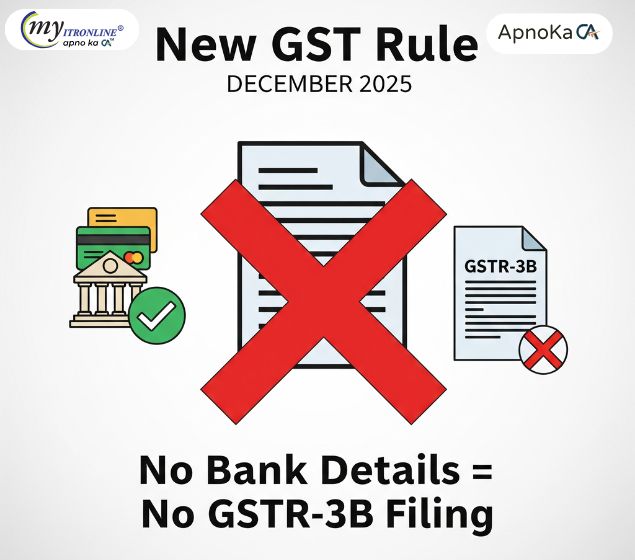
New GST Rule December 2025: No Bank Details = No GSTR-3B Filing
Starting December 2025, GST registrations will face automatic suspension if bank account details are not updated within 30 days or before filing GSTR-1/IFF. This new compliance rule directly impacts filing, billing, and business continuity, making timely updates essential for businesses.
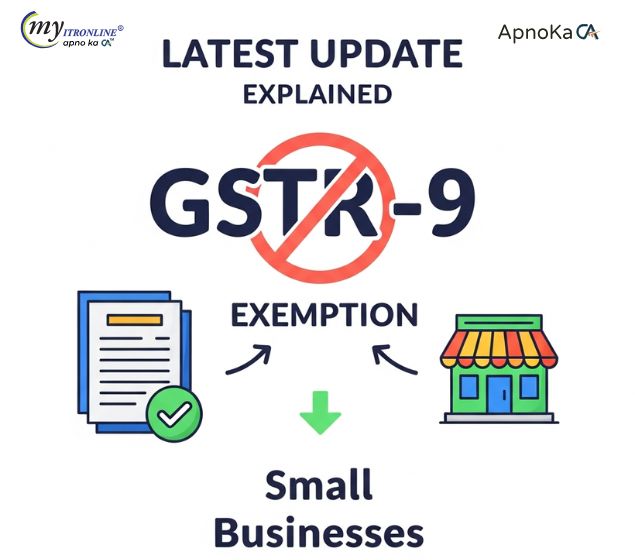
GSTR-9 Exemption for Small Businesses: Latest Update Explained
The government has permanently exempted businesses with turnover up to 2 Crores from filing GSTR-9. The move aims to reduce compliance burden while ensuring monthly and quarterly GST filings continue.
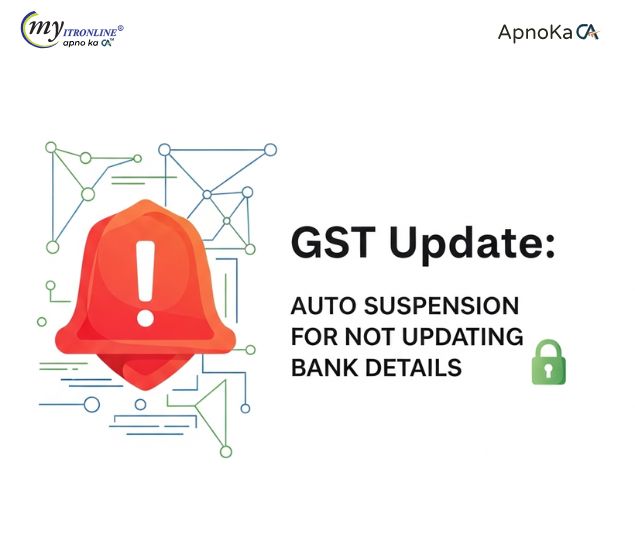
GST Update: Auto Suspension for Not Updating Bank Details
Starting 5th December 2025, businesses registered under GST must update their bank account details within 30 days of registration or before filing GSTR-1/IFF, whichever is earlier. As per Rule 10A, failure to comply will result in automatic suspension of GST registration. The update process requires furnishing bank account number, IFSC code, and a cancelled cheque or bank statement via the GST portal. While OIDAR and NRTP taxpayers are exempt, OIDAR taxpayers with a representative in India must provide bank details. Timely compliance ensures uninterrupted GST registration and avoids cancellation proceedings.

New Business Surge in India: What the Numbers Show
India is witnessing a surge in new business registrations, with companies up 10% and LLPs up 75% in November. Over 151,000 companies and 58,635 LLPs have registered this year. Easier taxes, strong demand, and simple rules are driving growth. The “base effect” explains why growth percentages look smaller now, but business energy remains strong.
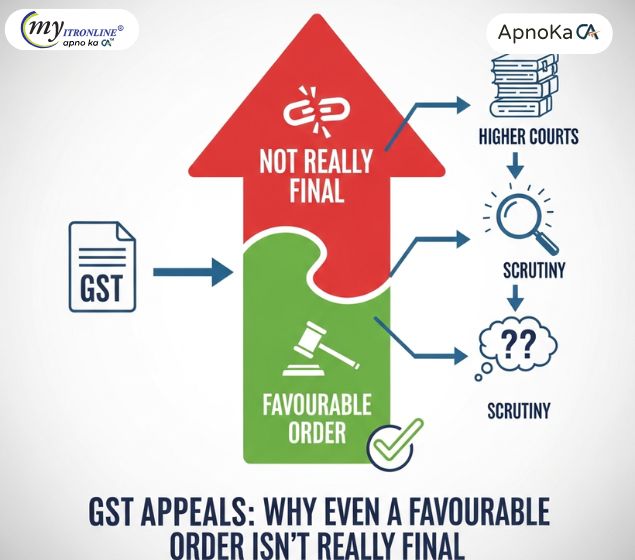
GST Appeals: Why Even a Favourable Order Isn't Really Final
A detailed summary explaining that winning a GST case at the initial level (adjudicating authority) does not guarantee finality, as the Tax Department holds the power to file an appeal under Section 107. The post outlines the multi stage appellate process (Appellate Authority, GSTAT, High Court, Supreme Court), the financial impact on businesses due to tied-up cash (pre-deposit requirements), and practical steps for taxpayers to manage this uncertainty.

Big Relief for Small Businesses: Audit Rules May Change
The Indian government is planning to remove the mandatory annual audit requirement for companies earning up to 1 crore. This move may reduce paperwork, cost, and compliance pressure for small business owners. The proposal is under review and may soon be introduced in Parliament.
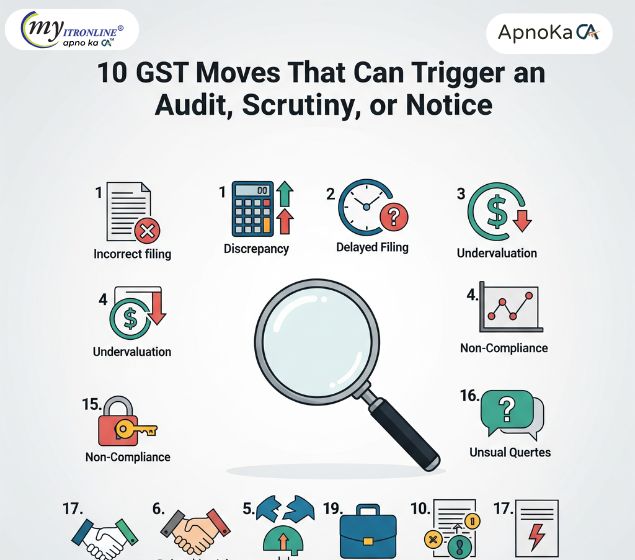
10 GST Moves That Can Trigger an Audit, Scrutiny, or Notice
The GST system uses AI and data analytics to flag discrepancies. This guide details the 10 most common GST mistakes such as excess ITC and GSTR mismatches that instantly catch the department’s eye and lead to notices or audits.
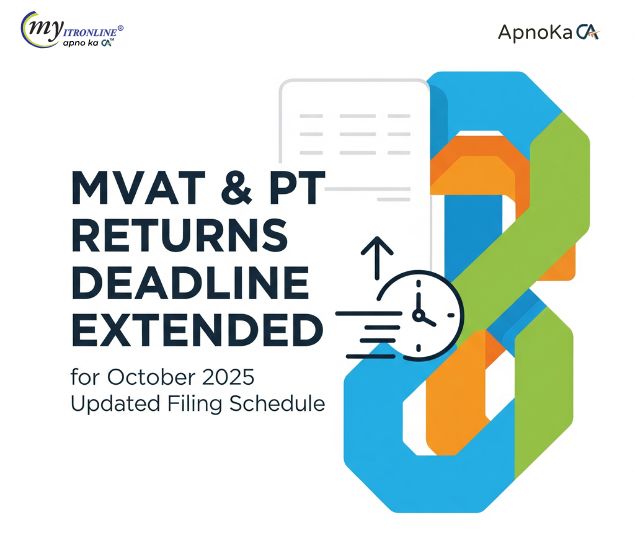
MVAT & PT Returns Deadline Extended for October 2025 Updated Filing Schedule
The Maharashtra government has extended the deadlines for filing MVAT and Professional Tax returns for October 2025. Payment due dates remain unchanged, and interest applies if taxes are paid late. Taxpayers now have additional time to file returns correctly and avoid late fees. This update helps businesses manage compliance efficiently and avoid penalties by following the revised dates.
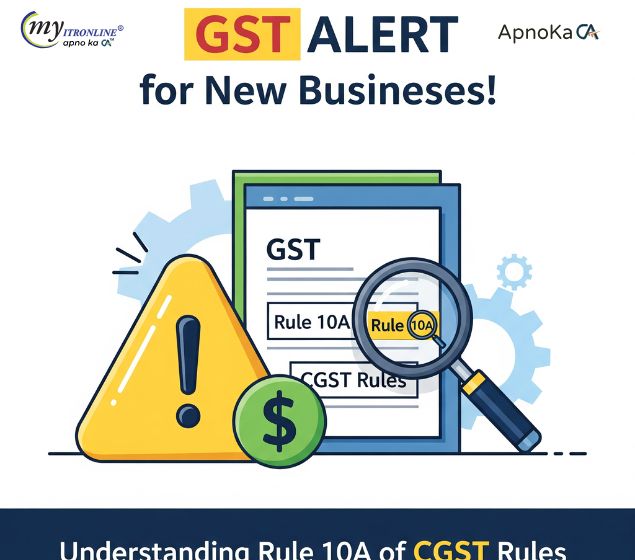
GST Alert for New Businesses! Understanding Rule 10A of CGST Rules
Rule 10A of the CGST Rules requires every new GST registrant to verify their bank account and upload the details on the GST portal within the prescribed timeline. This ensures that GST registration remains active, refunds are processed smoothly, and risks of suspension or cancellation are avoided. Non-compliance can lead to withheld refunds or suspended GSTIN. Uploading a cancelled cheque or bank statement immediately after GST approval is the simplest way to stay compliant.
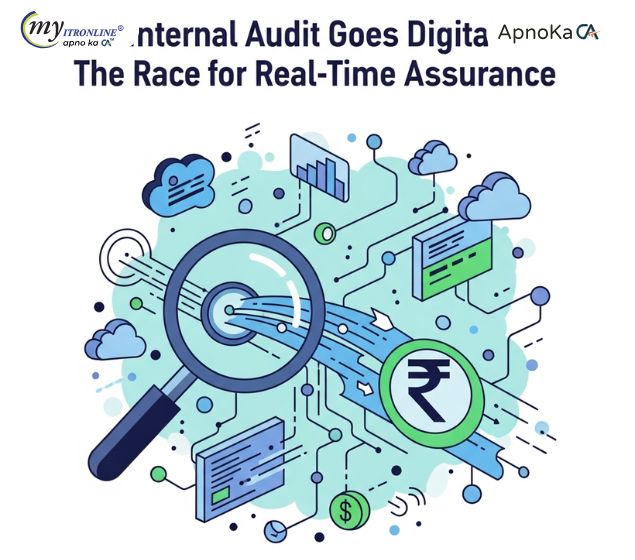
Internal Audit Goes Digital: The Race for Real-Time Assurance
Internal audit is changing fast. The old yearly audit model is no longer enough in today’s business world of massive data, instant transactions, and rising cyber threats. Companies now face complex fraud and faster risks, which means audit teams must adopt technology to provide real-time assurance. With tools like AI, data analytics, RPA, and blockchain, audits can detect risks instantly, prevent losses, and give management real-time insights. By building a clear technology roadmap, upskilling auditors, and focusing on business value, internal audit can move beyond compliance to become a strategic partner that strengthens risk management and supports smarter decisions.
